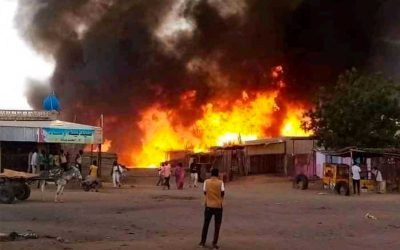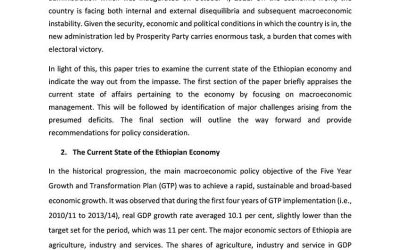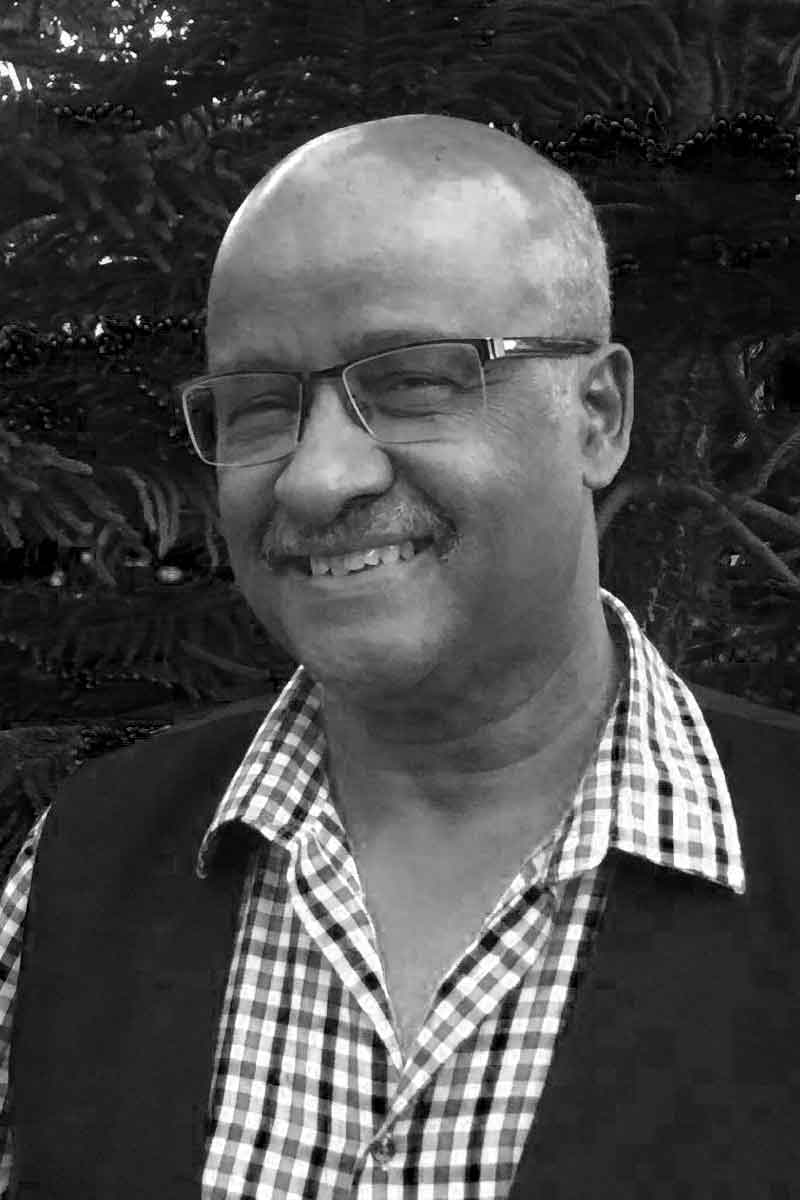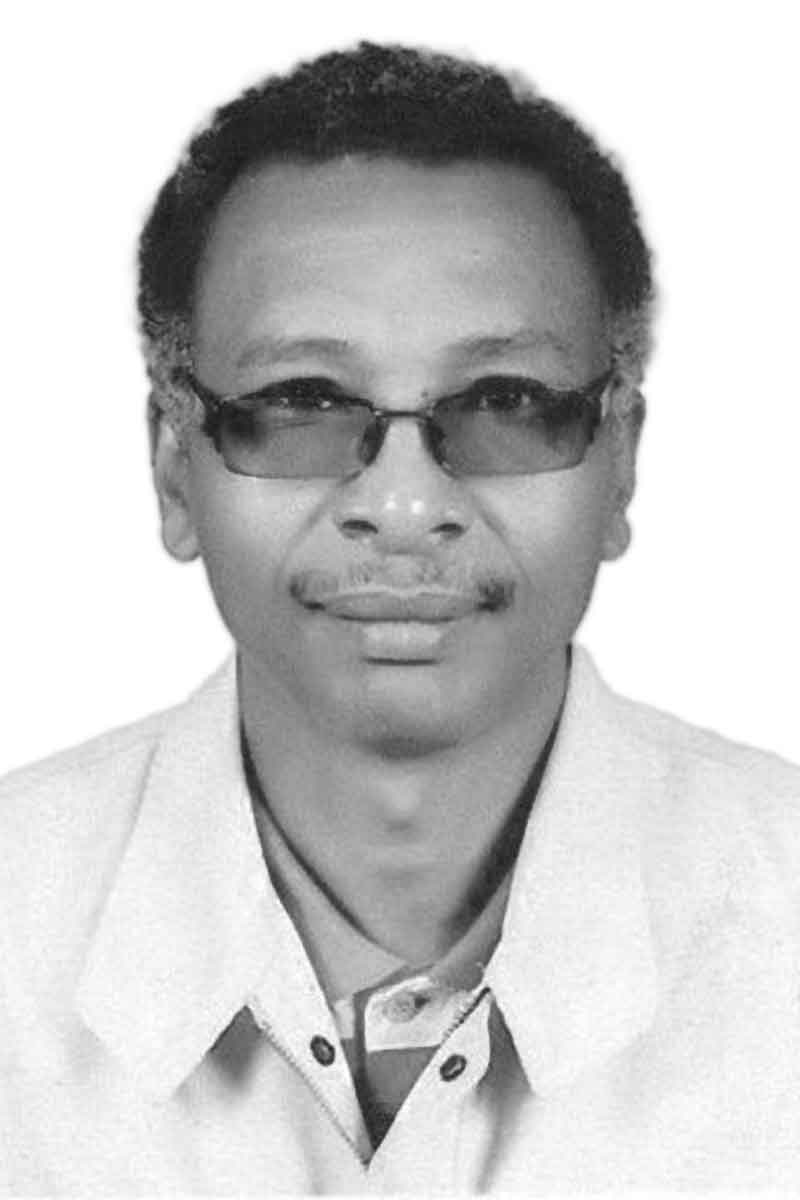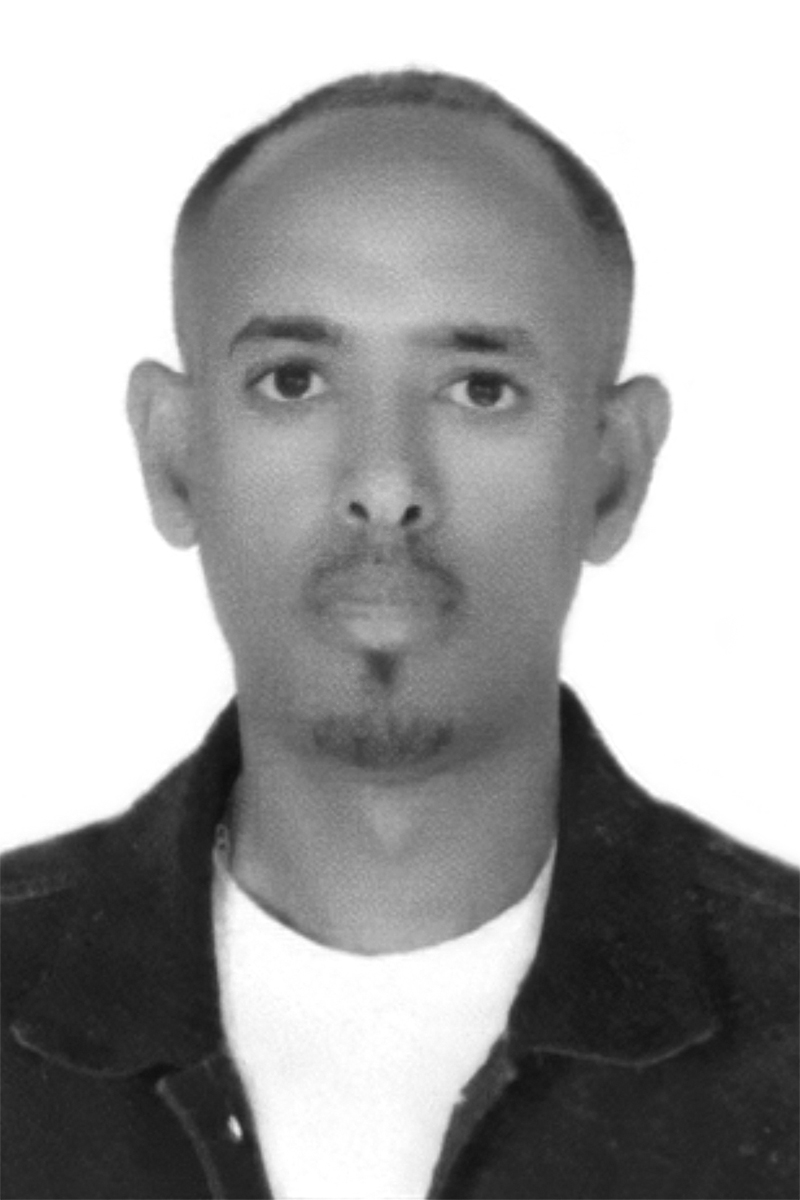
Eastern Africa
Good Governance Africa-Eastern Africa (GGA-EA) is located in Addis Ababa, Ethiopia, where the headquarters of the African Union and Economic Commission for Africa are also situated. This GGA regional office is dedicated to working in Eastern Africa and liaising with the African Union.Where we work
GGA-EA works in 10 countries located in the Horn and East Africa. These are Eritrea, Djibouti, Ethiopia, South Sudan, Kenya, Uganda, Tanzania, Rwanda, Somalia and Burundi. Of them, seven (Eritrea, Djibouti, Ethiopia, South Sudan, Kenya, Uganda and Tanzania) are members of the Inter-Governmental Authority for Development (IGAD).
GGA-EA works in close collaboration with national, regional continental and international development organisations, including the African Union (AU), Inter-Governmental Authority for Development (IGAD) and the East African Community (EAC).
Our vision
Good Governance Africa-Eastern Africa strives to improve the lives of all citizens by promoting enhanced governance on the African continent, with a particular emphasis on eastern Africa.
Our mission
GGA-EA’s mission is to promote fact-based knowledge and good practice through topical research, critical conversations and advocacy.
Our values
Our values include integrity, accountability, transparency, tenacity and moral courage.
Objectives
GGA-EA has the following key objectives:
- Improving governance in its areas of operation;
- Advancing the key governance principles of democracy, accountability and transparency; and
- Upholding the rule of law and respecting human, civil and political rights.
Governance
GGA-EA is a registered civil society organisation under Ethiopia Civil Society Proclamation No. 1113/2019. It is governed by a board and its current board chairperson is Professor Bahru Zewde. The day-to-day activity of the centre is led by Dr Zerihun Mohammed, the Executive Director of GGA-EA.
Our publications
The Sudanese crisis and implications for the Horn of Africa
Takeaways from a Webinar – August 10, 2023 Introduction Sudan has been in crisis for the last nearly five months. The long-standing political struggle among different political groups in Sudan...
Militarisation of the Horn of Africa and what this means for regional security
Introduction The Horn of Africa is a geographical region falling within the horn-shaped part of North Eastern Africa that protrudes into the Indian Ocean. There has been an arbitrary definition of...
Sudan – From political turmoil to armed conflict
Sudan has been in crisis all along from the time of independence. Though there was a promising start in the immediate post-independence years, the Sudanese hope for a better future was quickly...
The Sudanese crisis and implications for the Horn of Africa
Takeaways from a Webinar – August 10, 2023 Introduction Sudan has been in crisis for the last nearly five months. The long-standing political struggle among different political groups in Sudan...
Militarisation of the Horn of Africa and what this means for regional security
Introduction The Horn of Africa is a geographical region falling within the horn-shaped part of North Eastern Africa that protrudes into the Indian Ocean. There has been an arbitrary definition of...
Sudan – From political turmoil to armed conflict
Sudan has been in crisis all along from the time of independence. Though there was a promising start in the immediate post-independence years, the Sudanese hope for a better future was quickly...
The state of major macroeconomic indicators in Ethiopia and proposed directions
The current state of the Ethiopian political Economy can best be captured by the contrast between the promise of the ruling party and people’s high expectation from the new administration which was...
Our activities
GGA-EA implements its thematic programmes through the following activities
Research
Informed public engagement
Knowledge management and dissemination
Capacity building
Advocacy and lobbying
Research
Informed public engagement
Knowledge management and dissemination
Capacity building
Advocacy and lobbying
Good Governance Africa Eastern Africa facilitated a webinar entitled The Ethiopian Election 2021 and Hope for Democratic Transition: Challenges and Prospects on Tuesday 2 June 2021. The 6th edition of Ethiopia’s national elections is set for 21 June 2021. The election takes place in a situation of mixed feelings; hope for the attainment of the promise to transition the country to democracy and fear of what may transpire in the course of the electoral process given the multifaceted problems the country is facing. The aim of the webinar was to initiate an informed debate among the Ethiopian Diaspora, friends of Ethiopia and the wider international community. To achieve this, talking points of the webinar included the following:
- Making sense of the trajectory leading to the scheduled national election
- Appraising the current state of affairs pertaining to the election
- Outlining possible developments going forward and;
- Envisioning post-poll scenarios
Speakers included:
Professor Jon Abbink: Professor of Politics and Governance in Africa at Leiden University, The Netherlands.
Prof. Kassahun Berhanu: Professor of political Science and International Relations at Addis Ababa University, Ethiopia
Dr. Lovise Aalen: Research Director at Chr. Michelsen Institute (CMI), Norway.
Moderator: Professor Bahru Zewde: Emeritus Professor of History, Addis Ababa University, Ethiopia.
The effect of COVID-19 in Ethiopia
Below is a video interview on the effect of COVID-19 in Ethiopia featuring an interview with GGA Eastern Africa chair, Professor Behru Zewde.
Programmes
GGA-WA approaches delivering programmes through research, advocacy, training and publications, and has carefully analysed the developmental pathway of the four countries in which it is implementing its programmes and activities. The following key areas have been identified for its interventions:
Natural Resource Management (NRM)
The livelihoods of the majority of people in the eastern Africa region are based on the use and access to natural resources such as arable land, pasture, water, forest and forest products. Natural resource management is one of GGA-EA’s thematic areas. Under NRM, the regional office puts particular emphasis on land and land tenure, small-scale peasant agriculture and large-scale agricultural investment, pastoralism and trans-boundary relations and the rising industry.
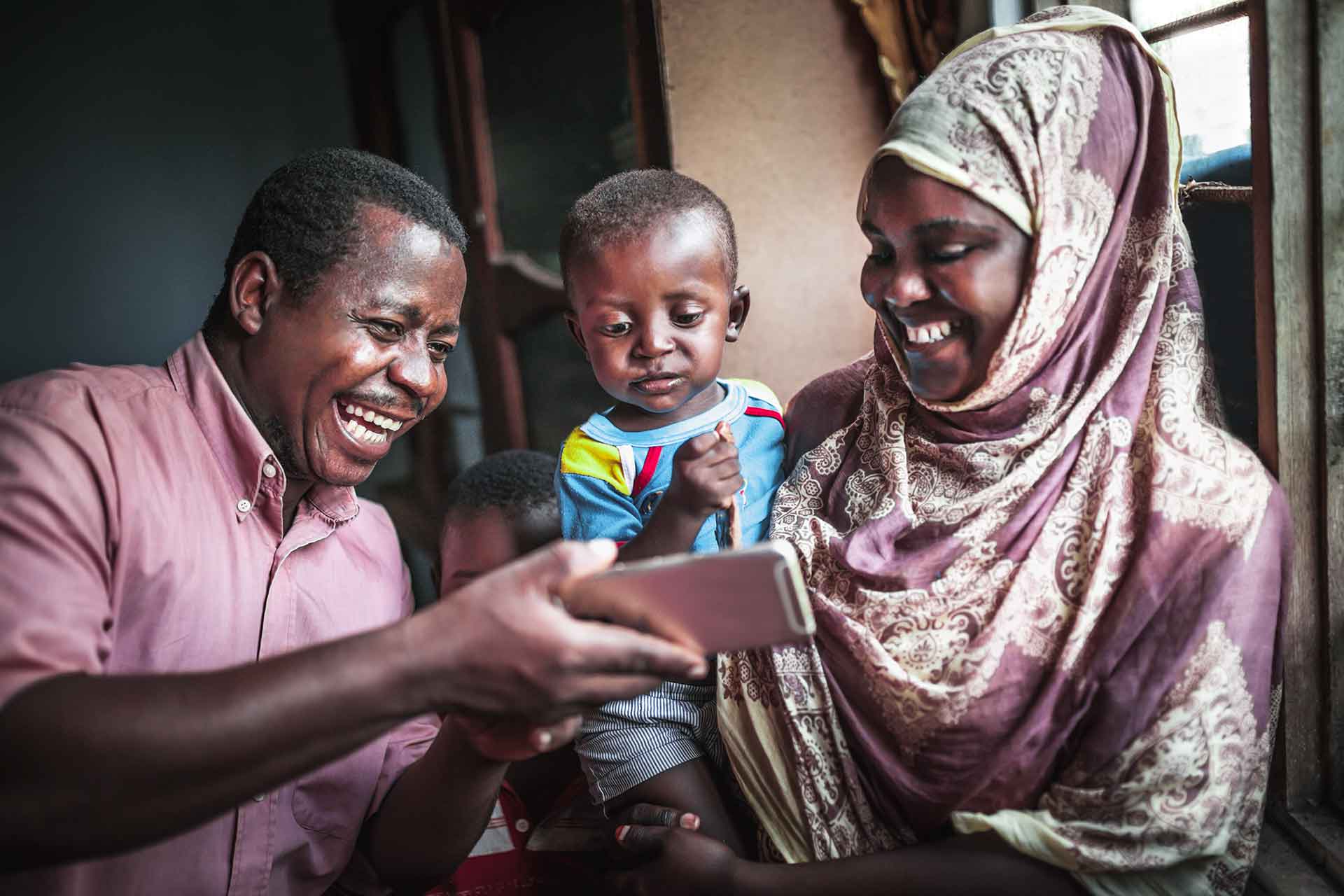
Grassroots Governance
Since bringing about good governance in Africa is central to GGA’s vision, improving grassroots governance is one of the regional centre’s main thematic programmes. The centre gives due attention to local-level governance, where it directly affects the day-to-day lives of citizens.
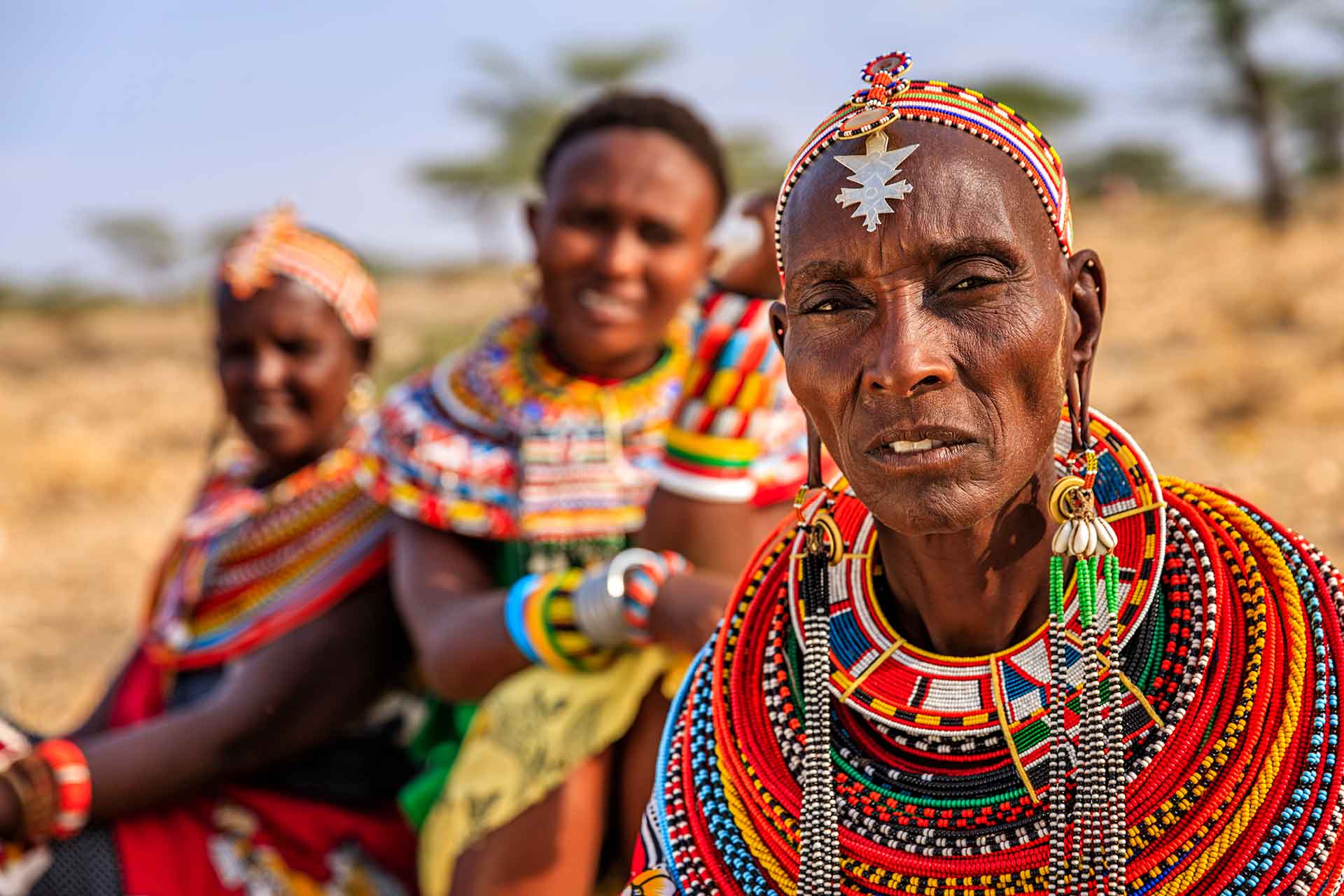
Ethics and society
Lack of ethics, accountability and the perception of increasing moral ‘decadence’ are often cited as some of the major factors contributing to bad governance and social injustice in Africa. We believe that socially accepted ethical values serve as a fabric to keep societies together and set moral standards that govern the behaviour of citizens. Nurturing these values for common good, justice and development is the primary goal of this thematic area.
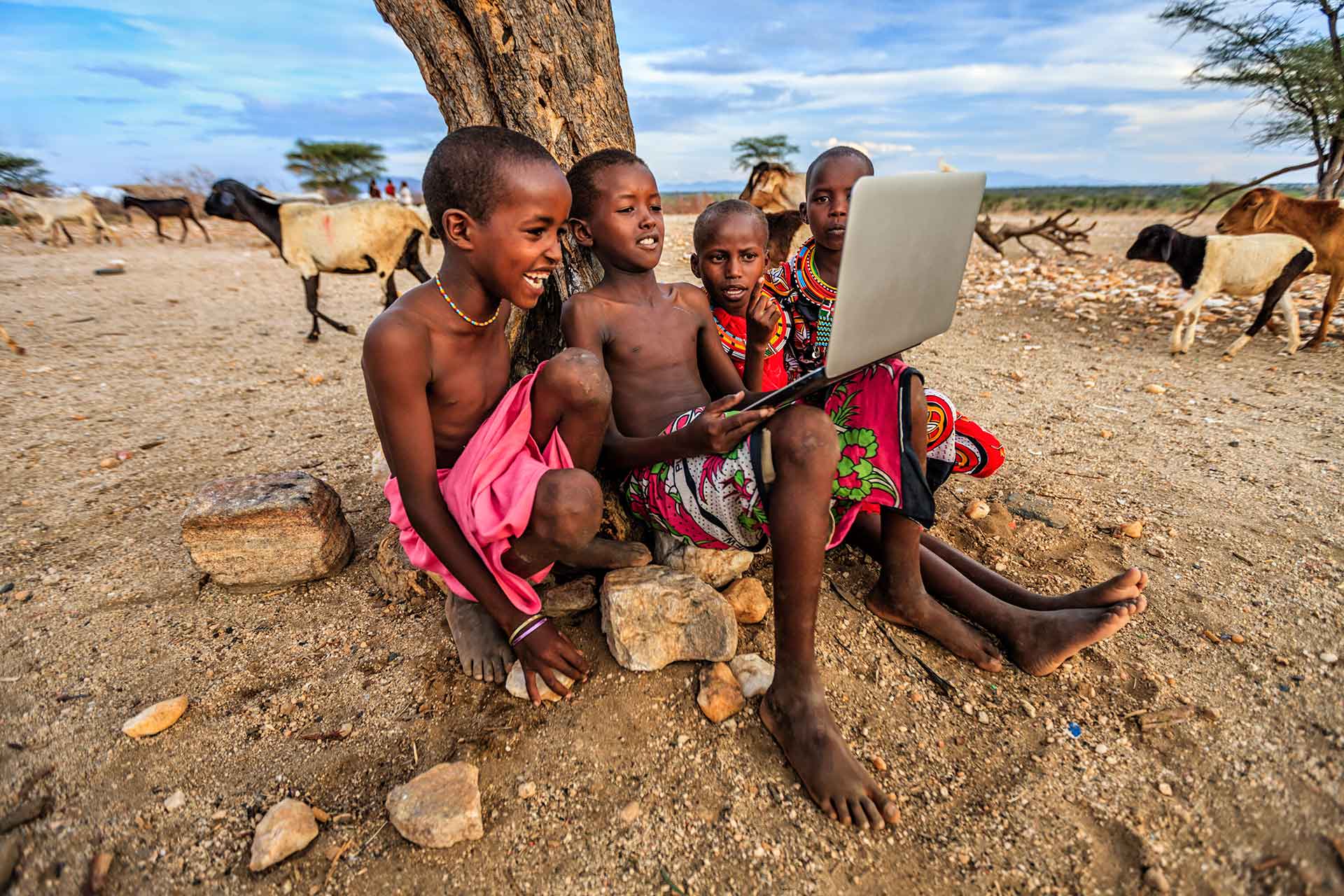
Youth development and Migration
In Africa the youth constitutes about 20% of the continent’s fast-growing population. Despite their numbers, however, the youth is disproportionately exposed to various social, political, economic and political challenges, including unemployment / underemployment, social marginalisation, political exclusion, and drug abuse. Migration (both documented and undocumented) is often considered a solution to the various challenges youth face. The GGA-EA countries have become a major source of migrants to different parts of the world, including Europe, North America and the Middle East. Thus, the programme will deal with youth=related challenges, with a particular emphasis on youth migration.

Peace and Security
Ensuring national and regional peace and security in the Eastern Africa is of paramount importance to cultivate stable political institutions and systems, ensure the rule of law and bring about all-round socio-economic development in the countries. This thematic program focuses on identifying the major threats of peace and security, causes and consequences of conflicts and conflict resolution mechanisms.
GGA Eastern Africa
GGA – EASTERN AFRICA
GGA – EASTERN AFRICA
Tel: +251 116395964
Tel: +251 916835886
Email: info.easternafrica@gga.org
READ BETWEEN THE LINES
Sign-up to our newsletter to get the inside track on Africa
Research
A gap in knowledge and information is one of the major challenges to forming the appropriate development policies and good governance at different levels. Towards generating “scientific” knowledge that contributes to the betterment of African governance systems, research will be one major activity of the regional centre.
Informed public engagement
Informed public engagement creates a space and forums to deliberate on national and regional agendas, which contribute to the ultimate improvement of the governance system of member countries. Various forums, seminars, conferences, and electronic debate blogs are organised and deliberated among different stakeholders.
Knowledge management and dissemination
Knowledge and information obtained from research, public engagements/dialogues and other events are organised and disseminated using appropriate channels, including publications, print and electronic media.
Capacity building
The provision of capacity building services to local government offices, civil society organisations, community-based organisations and other relevant entities.
Advocacy and Lobbying
Using scientific knowledge and field evidence, in collaboration with other actors, the office conducts advocacy activities on important issues (mainly policies, strategies and legislations) that contribute to alleviating the socio-economic and political problems of the people of the region. Advocacy and lobbying topics will be systematically selected after intensive research, dialogue and public deliberation among all concerned stakeholders.

